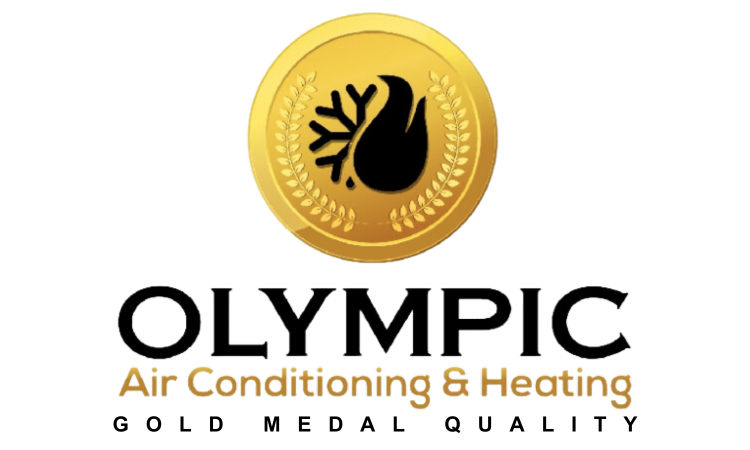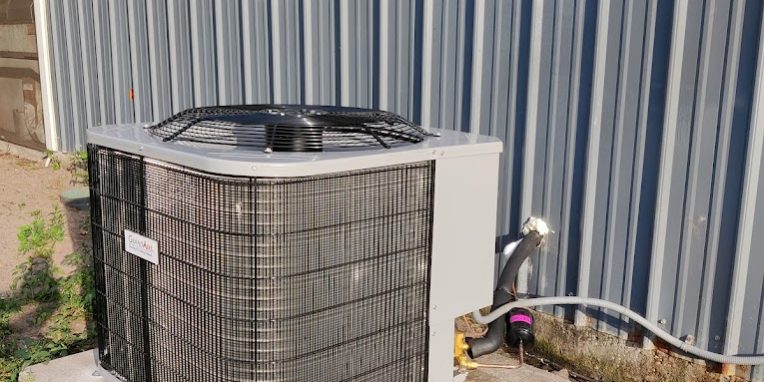Living in Deltona, FL, where the sun’s intensity can push air conditioning systems to their limits, understanding your HVAC warranty isn’t just good practice—it’s essential for protecting your investment. Your HVAC system plays a vital role in ensuring your comfort year-round, whether you’re battling summer heat or needing warmth during Florida’s occasional cold snaps. However, many homeowners remain unaware of the details, limitations, and opportunities tied to their warranty coverage. By learning what’s included—and more importantly, what’s not—you can make smarter decisions that prevent costly surprises later.
Key Takeaway: A solid understanding of your HVAC warranty can save you significant time, money, and frustration. Knowing your rights and responsibilities helps you stay compliant and protected, ensuring your comfort system remains efficient and reliable.
Understanding the Types of HVAC Warranties
Manufacturer’s Warranty, Labor Warranty, and Extended Coverage
The manufacturer’s warranty is typically the first level of protection and covers parts that fail due to manufacturing defects. This warranty can last anywhere from 5 to 10 years depending on the brand and whether the product was registered after installation. To remain valid, these warranties usually require that the homeowner register the HVAC system within a specified window after installation.
Labor warranties are provided by the contractor and cover the cost of installation-related service or errors. These often range from one to two years and are essential for repairs not related to defective parts. Meanwhile, extended warranties offer a third level of protection, usually purchased separately. These can cover labor and parts for longer periods but may come with their own limitations and costs.
Understanding which type of warranty you hold—and their expiration dates—gives you peace of mind and helps you plan ahead for potential issues. Many homeowners assume they are covered only to find out their warranty doesn’t include labor or that it’s void due to lack of maintenance.
Key Warranty Exclusions and Limitations
Improper Installation, Unregistered Equipment, and Lack of Maintenance
One of the most common reasons HVAC warranties are voided is improper installation. If your system wasn’t installed by a licensed contractor, the manufacturer might deny any future claims. That’s why working with experienced professionals like Olympic Air Conditioning & Heating is crucial for homeowners in Deltona, FL.
Another oversight is failure to register your equipment. Many brands require product registration shortly after installation—sometimes within 60 days—to qualify for extended coverage. Skipping this step can reduce the length of your warranty by several years.
Finally, failing to maintain your system can void the warranty. Routine maintenance isn’t just good practice; it’s often required. By signing up for a professional maintenance plan, you can stay in compliance while improving system efficiency and lifespan.
The Role of Routine Maintenance in Warranty Protection
Scheduled Service, Documentation, and Seasonal Tune-Ups
Regular maintenance is the backbone of keeping your HVAC system running efficiently and your warranty intact. Scheduled service visits help identify small issues before they become costly breakdowns. More importantly, having documented records of service proves to the manufacturer that the system has been properly cared for.
Seasonal tune-ups—particularly in spring and fall—are especially helpful in Florida. Your air conditioner works hard for most of the year, so preparing it for peak seasons is key. These tune-ups typically involve checking refrigerant levels, cleaning coils, tightening electrical components, and inspecting filters and ducts.
Partnering with a local expert ensures that your service meets the manufacturer’s standards. It also reassures you that your HVAC warranty remains valid and ready to protect you when you need it most.
Navigating Warranty Claims the Right Way
When to File, What to Include, and Who to Call
If something goes wrong with your HVAC system, the warranty process starts with quick and informed action. Filing a claim begins with identifying the issue and reaching out to a qualified technician. Working with a trusted local provider ensures that the issue is correctly diagnosed and reported to the manufacturer.
Always keep your warranty paperwork, original receipts, registration confirmation, and records of past maintenance in one place. These documents will be essential during the claim process and can significantly speed up approval.
If you’re unsure how to file a claim or need help interpreting your warranty, don’t hesitate to contact Olympic Air. As Deltona’s trusted HVAC team, we’re here to support homeowners every step of the way.
What to Ask Before Installing a New System
Warranty Terms, Installer Credentials, and Support Options
When installing a new HVAC system, ask about the warranty terms upfront. Be clear about the duration, what’s included, and what voids the warranty. Confirm whether registration is required and how to complete it. Some contractors will do this on your behalf, while others may leave it to the homeowner.
Ensure your installer is certified, licensed, and familiar with HVAC technologies such as heat pumps and energy-efficient models. Their experience matters not just for performance, but also for long-term protection.
Finally, consider the ongoing support offered. Companies like Olympic Air Conditioning & Heating provide personalized service plans and local support that go far beyond installation day. Having a local team you can trust ensures your warranty—and your comfort—are in good hands.
Answering Common Questions
How long does an HVAC warranty typically last?
Most standard HVAC warranties last 5–10 years. However, registration is often required to access the full term. Extended warranties can push coverage up to 15 years, depending on the plan.
Will my warranty cover labor costs for repairs?
Labor is not typically included in manufacturer warranties. A separate labor warranty or maintenance agreement may be needed to cover technician time and service calls.
Does annual maintenance affect my warranty?
Yes. Most warranties require regular maintenance. Skipping tune-ups could void coverage. A documented maintenance plan is the best way to stay compliant.
How Climate Affects HVAC Warranty Needs
Deltona’s hot, humid climate puts HVAC systems under significant stress. This increases the likelihood of wear and tear, making warranty protection even more critical. Heat and moisture can shorten component lifespan if systems aren’t regularly maintained and professionally installed. Homeowners in Florida should be proactive, not reactive, when it comes to protecting their investment.
Home Construction and Warranty Considerations
Whether you live in a new home or a vintage property, the age and construction of your residence play a role in HVAC warranty performance. Home construction materials, ductwork quality, and insulation levels all impact HVAC efficiency and durability. A system that isn’t properly sized or installed for your home’s structure can lead to premature breakdowns and voided warranties.
Why Local Expertise Matters for Warranty Success
Having a reliable HVAC partner in your own backyard makes all the difference. Olympic Air Conditioning & Heating understands the unique challenges of Deltona’s climate and housing market. Our team doesn’t just install your system—we stand by you with ongoing support, fast service, and a commitment to helping you get the most out of your HVAC warranty. From routine inspections to emergency repairs, our local HVAC team is always here for you.






